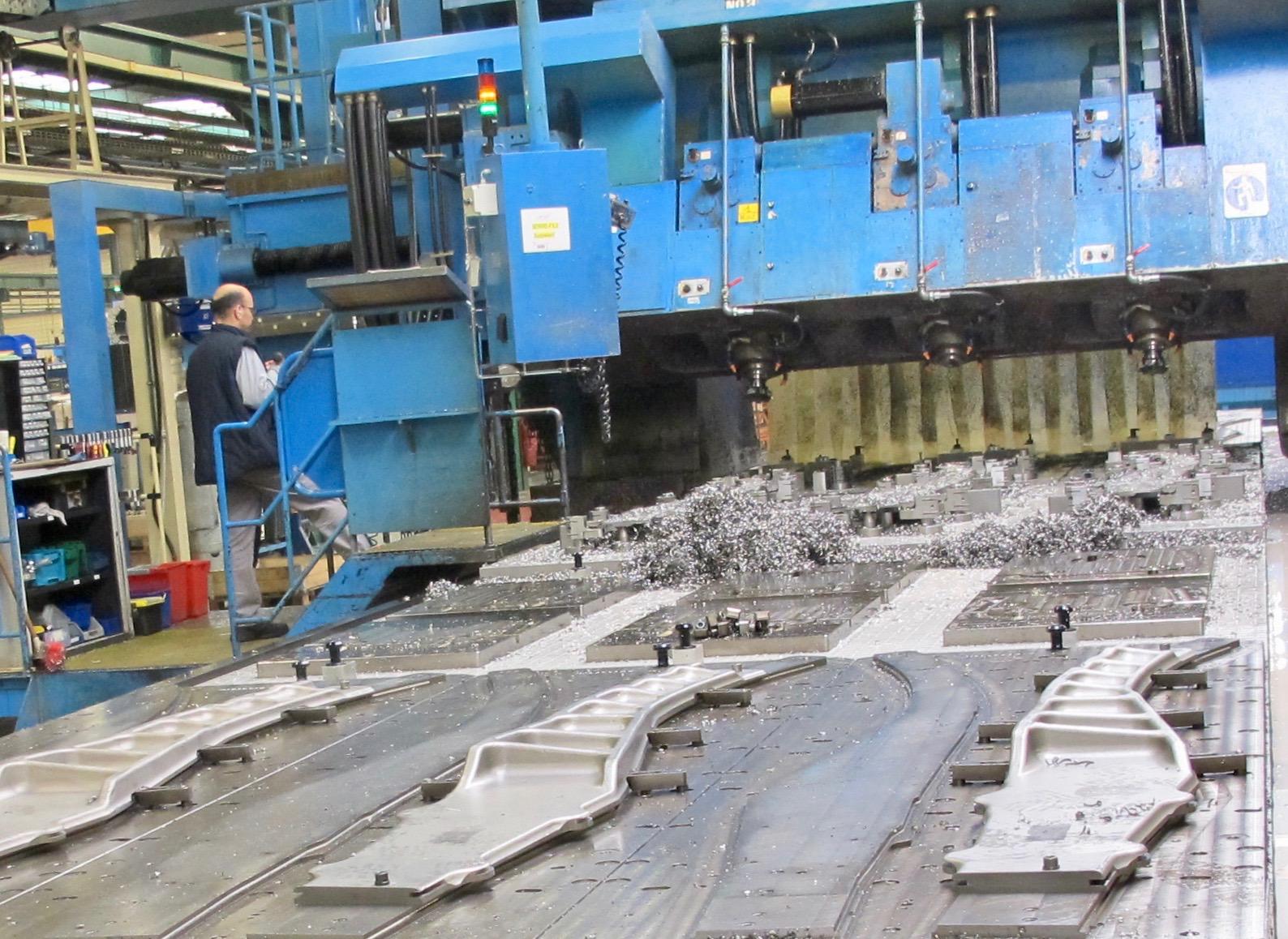
LYON, France—French authorities should create a fund to support small aerospace suppliers, in a critical effort to preserve the country’s capabilities, says Eric Trappier, chairman of French aerospace lobbying group GIFAS.
Several dozen small and medium enterprises (SME) in the aerospace industry are or will soon be in dire straits due to the COVID-19 crisis and consecutive production cuts at OEMs, according to Trappier. They need loans but banks may be reluctant given the uncertainty of the outlook. This is where a state-backed fund would make sense, in Trappier’s view.
Trappier, who is also Dassault Aviation chairman and CEO, made his comments during a May 5 video press conference.
France’s public investment bank (BPI) is seen as being assigned a central role in creating one or several funds. The need has yet to be quantified but “it would be measured in a billion euros [$1.1 billion],” Trappier says. Contributions would be welcome from every organization or company, as long as U.S. or Chinese interests do not take over a supplier.
A criterion for an SME to receive funding may be its willingness to restructure and merge with another SME, Trappier suggests. In a bid to make the supply chain stronger and more resilient, GIFAS has for years encouraged consolidation but the recommendation has hardly materialized thus far. The crisis may be the long-sought accelerator.
Both manufacturing and R&D skills should be protected. Civil aviation has a great future, Trappier asserts. The supply chain should retain its production capabilities, which is predicted to be needed once the situation stabilizes.
That future hinges on health protection and, above all, environmental friendliness, he says. Therefore, the ability to design greener aircraft is seen as key. Trappier urges France and the EU to strengthen private-public partnerships in research and technology, such as Clean Sky.
“During the recovery, an eye should be kept on competitiveness, we do not want to find out our products have become more expensive than those of our U.S. competitors,” Trappier says, expressing concern about U.S. competition and state support to the industry.
After weeks of gradual ramp-up, activity is now measured “above 50%” of the pre-crisis level. In rough numbers, one third of GIFAS member companies’ employees are working on site, one third are telecommuting and one third are under a short-time arrangement. “Larger companies tend to have a greater proportion of employees working remotely,” Trappier says.
Progress has been made in telecommuting, as well as in working on site under a new sanitary framework, he adds.
The lockdown began in mid-March and the French government has planned relaxing measures for May 11. The use of facial masks is about to become widespread. “They reassure employees,” says Trappier.
The French aerospace industry is directly responsible for 200,000 jobs. Thus far, the government has done effective damage control, in particular via the generous short-time scheme. But Trappier expects job cuts. “We are talking about a one-third reduction in workload.”





